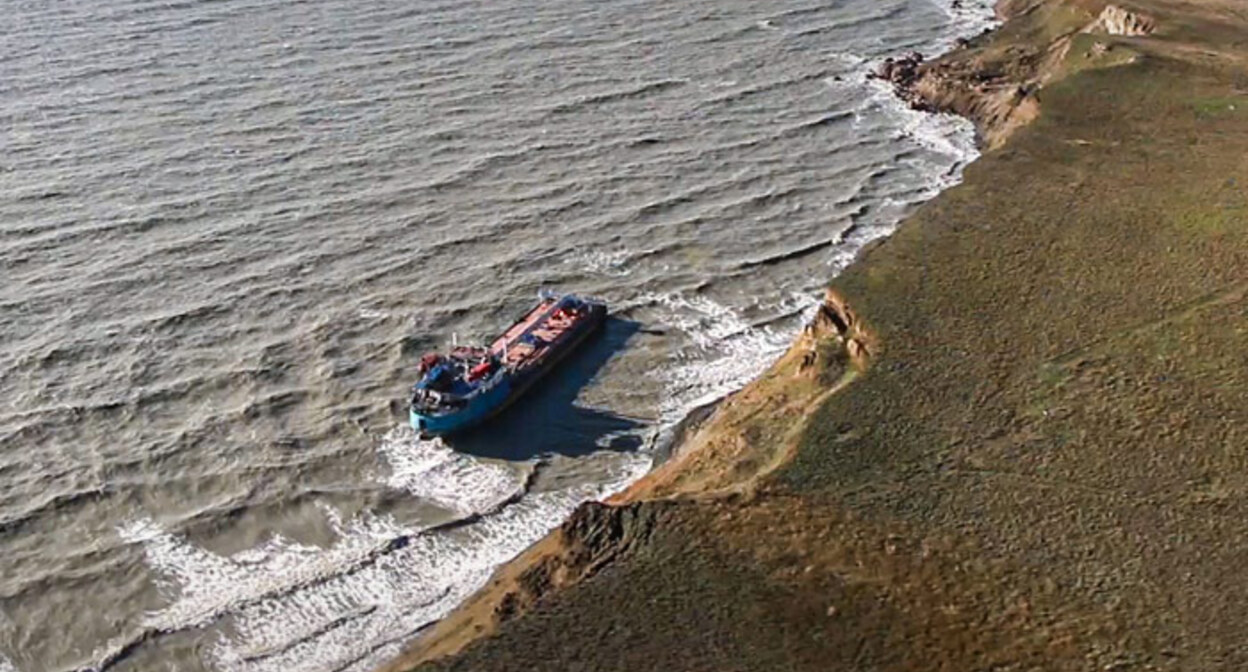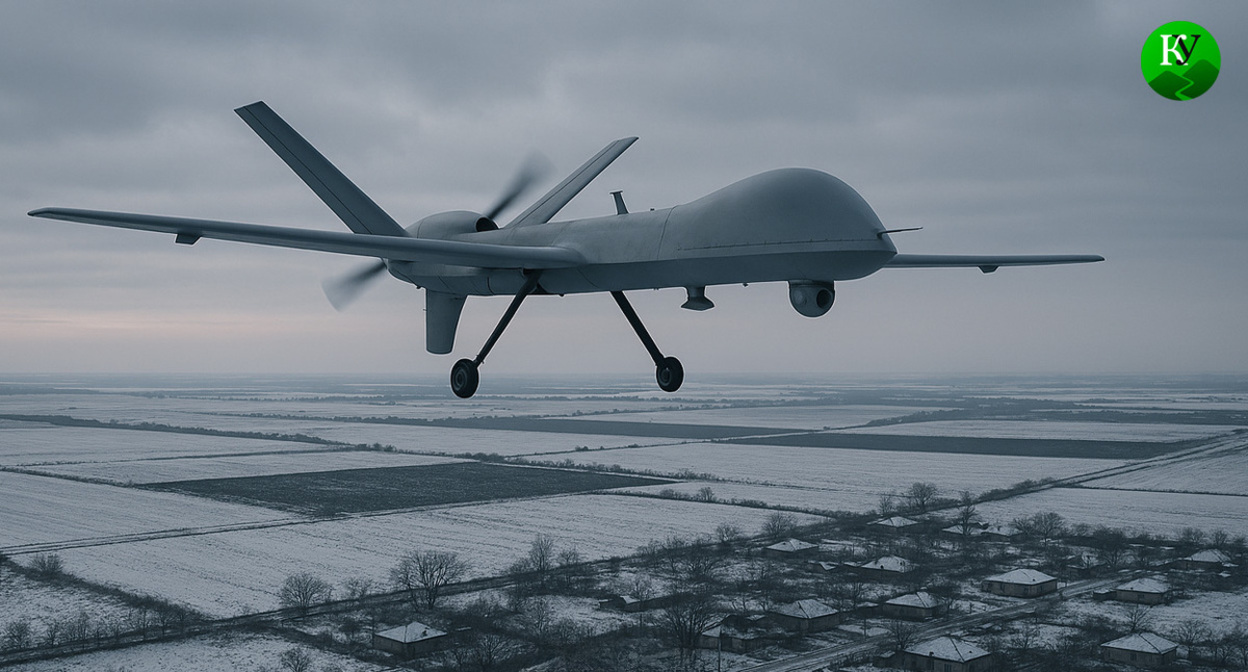The Condition of Meskhetian Turks in the Krasnodar Territory, November 2003
This review was drawn up by the Human Rights Center Memorial as part of the project titled "Development of mechanisms to counteract ethnic discrimination in the Krasnodar territory"; it is based on monitoring in the region, as well as media coverage.
Local authorities in the Abinsk district began to invite Meskhetian Turk leaders for conversations before taking action affecting the Turks. There has been just one such meeting so far. The authorities threatened to cut off gas and electricity if there were utility payments in arrears, but no non-payers were found among the Turks. (According to Tianshan Svanidze, leader of the Meskhetian Turk community in the district.)
A roundtable titled "Problems of integration of ethnic minorities in the Krasnodar territory (by the example of Meskhetian Turks)" was held at the Krasnodar Legal Academy of Russia's Internal Affairs Ministry on November 20.
Members of the roundtable had previously been sent a paper titled "Proposals for development and implementation of programs for adaptation and integration of Meskhetian Turks in the local community in the Krasnodar territory." The paper dealt with an integration program providing a timetable of key activities and their potential executors. These "Proposals" had therefore originally been planned to become the main topic for the meeting to discuss. However, another aspect of the problem actually served as the subject for discussion. Valerii Ostrozhnyi, deputy chief of the Krasnodar territorial migration processes monitoring department, said: "What kind of integration program can be applied to violators of legislation in effect?! The only thing to be applied to violators is holding them accountable!"
An academy professor delivered a report accusing Meskhetian Turks of establishing a slave market and having caves packed full of arms. It was next claimed Meskhetian Turks sell drugs, and they are all criminals. (According to Vadim Karastelev, Novorossiysk Committee on Human Rights.) Such statements provide a confirmation that the attitude of representatives of the executive to Meskhetian Turks is a priori biased and discriminatory.
Road patrol officers detained in Anapa on November 23, 2003, a father and two sons, the Muradovs, resident in Varenikovskaia, while they were going to work. A statement of an administrative offence (under Article 18.8 of the Code of Administrative Offences) was drawn up with respect to the father and the elder son, and their USSR passports were seized.
The younger son, Iskander, b. 1982, was detained for 10 days as an alleged vagrant. He has no passport, but only a birth certificate.
A complaint about this was lodged with the Anapa prosecutor.
Mustafa Saidov resident in Nizhnebakanskaia was detained at a Verkhnebakanskii road patrol post (Novorossiysk) on November 24, 2003. Several more men were detained alongside, coming with him to work in Novorossiysk. All those detained are Russian citizens, but they have no registration in the Krasnodar territory. They all were kept for an hour and a half at the post without a statement of detention and administrative offence drawn up. In doing so, the police officers exerted psychological pressure on the Turks. They told the detainees that they had no right to live there, that all troubles came from Meskhetian Turks, and that Russians had no jobs because Meskhetian Turks had occupied all vacancies and flooded the entire territory. All the detainees were released without any punitive action taken.
Representatives of the OSCE Mission that had started work on November 3 as observers at the parliamentary elections in Russia visited the Peace School Foundation office in Novorossiysk on November 28, 2003. The observers from the OSCE Office for Democratic Institutions and Human Rights were interested in problems of access for ethnic minorities to the elections in the Krasnodar territory.
The observers were handed documents on discrimination during the elections that will serve as a basis for the Mission's concluding report after the elections are over. Thus, Meskhetian Turks are not included in electoral rolls because they have no registration in residence, so these people are stripped of active suffrage in local and regional elections.
The board of justices on criminal cases at the Krasnodar Territorial Court on December 3 left unchanged the decision by a Krymsk District Court judge on holding Bekzad Mamadaliev accountable as a stateless person living in Russia without registration. He was fined 1,000 rubles without deportation. A statement of administrative offence had been drawn up with respect to Mamadaliev as far back as on September 22, 2003. A complaint about this statement was lodged with the Krymsk District Court. Justice Gusikhin considered this complaint on October 9 and canceled the Krymsk district police chief's decision because the Code of Administrative Offences norms regulating the procedure to impose administrative penalties had not been observed. However, investigation into the case was not stopped, and the files were forwarded back to the Krymsk district police chief for consideration anew.
The files on this matter were next forwarded from the Krymsk district police department to the court for imposing of an administrative penalty on Mamadaliev. As a result, Mamadaliev was fined after all.
Most legal actions taken against Meskhetian Turks (according to defense lawyer V.Ye. Gaidash) are linked with establishment of the legal fact of their permanent residence in Russia (5), appealing against a judge's refusal to consider a statement in essence (5), and appealing against passport and visa service denials (8).
November 2003






![Tumso Abdurakhmanov. Screenshot from video posted by Abu-Saddam Shishani [LIVE] http://www.youtube.com/watch?v=mIR3s7AB0Uw Tumso Abdurakhmanov. Screenshot from video posted by Abu-Saddam Shishani [LIVE] http://www.youtube.com/watch?v=mIR3s7AB0Uw](/system/uploads/article_image/image/0001/18460/main_image_Tumso.jpg)